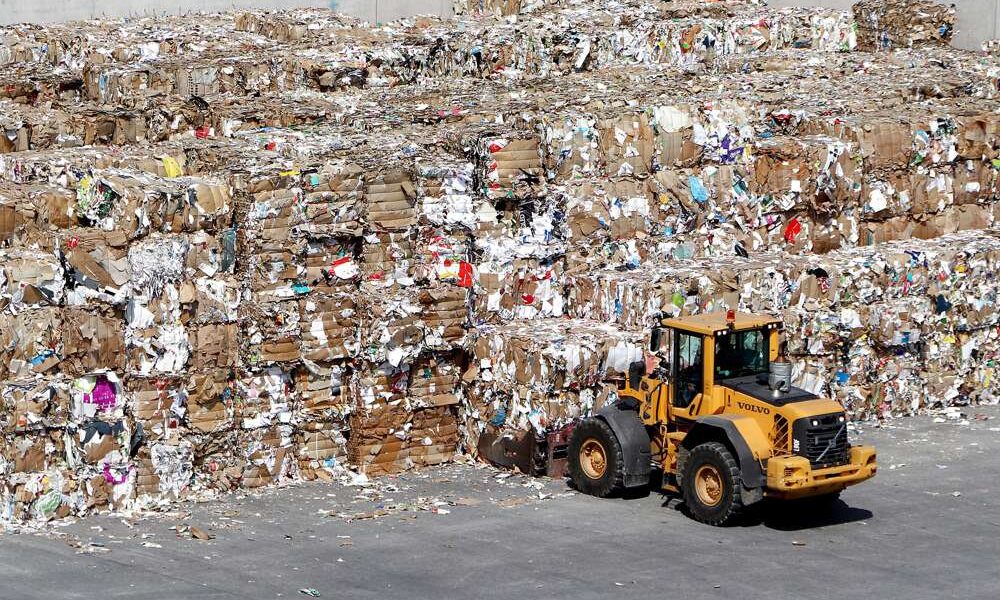Dumped construction waste in Greece amounts to nearly 50 million tons so far, according to estimates, most of which can be salvaged and recycled, electrical engineer Anna Michou told a Greek Exporters Association (SEVE) hybrid event in Thessaloniki.
The event was on the EU funded program "Knowing Circular Economy in the Black Sea Basin" (BSB CIRLECON) and held on Tuesday.
Michou, head of the Technical Chamber of Greece's permanent environmental committee for Central Macedonia, said a significant volume of the material had accumulated around urban regions, but also within protected areas like the Delta of Axios River.
But Greece is behind in recycling construction material, compared to the European average, where it is over 90%.
"While the goal for the EU until 2020 was to recycle 70% of waste from excavations, construction, and razing of buildings per year, the average EU rate is now much higher than that," she said.
"But in Greece, as in the majority of Black Sea and SE European countries, this rate is under 40%, including the recovery and reuse of excavated earth.
"Therefore, as countries of the Black Sea, SE Europe and Greece, we are far from the target set for 2020."
Compared to the percentage of various waste products in the EU, construction refuse comprises the largest category (by weight) in a total of 2.5 million tons of refuse or 36.4%, compared to 25.3% for quarries and mines and 10.3% for industry, figures based on 2016 data that remain fairly consistent today.
In another presentation, Diopas SA president and CEO Simos Diamantidis said that his company handled the reprocessing of nets abandoned by fishermen throughout Greece, turning them into nets for tennis or volley ball courts. It is also producing threads for socks, bathing suits, and carpets.
As he explained, the 100-staff company based in the region of Thessaloniki, is collaborating with the international "Health Seas" company, which collects nets.
"We receive the nets, load them onto trucks, send them abroad for recycling - given the fact that this cannot be done in Greece yet [...] - and they come back to us in granulated form. From these granules we produce thread, not as strong as that of the original nets, but enough to manufacture socks, bathing suits, even rugs," Diamantidis said.
He also cited the examples of Italy-based Econyl company, which produces dresses from the recycled fishing nets, and other initiatives produce furniture.
"I myself could not have believed five years ago that we would be applying cyclical economy on fishing nets," he noted, adding that even banks are now willing to fund such investments that fit in with environmental, social, and governance (ESG) targets.
BSB CIRLECON comes under the NSRF-funded projects, and the Thessaloniki event was Circular Economy Hybrid Workshop II.
READ MORE: Greek Prime Minister to incorporate Halki island into Green energy island plan.


